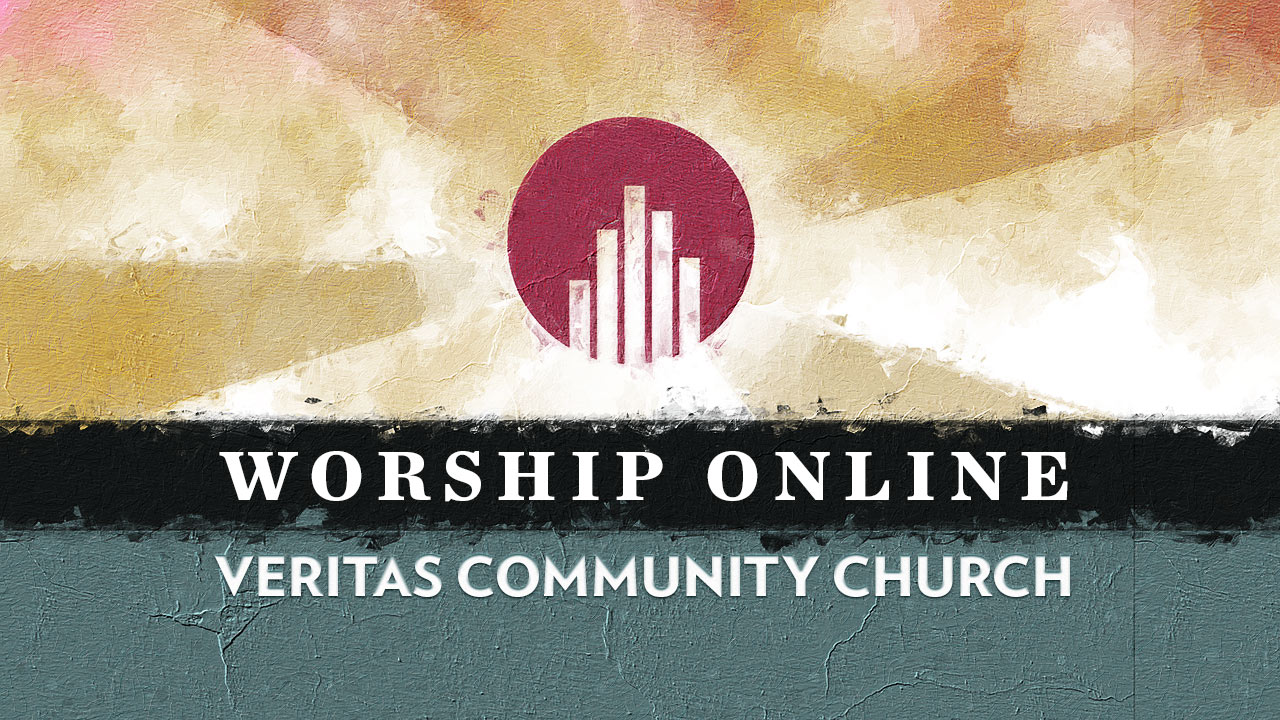How to Respond to Homelessness | Part I: On a Sunday Morning
by Amy Gingerich and edited Emily Stiving
These days it’s not uncommon to walk through the doors of the Short North building on a Sunday morning and see 4 or 5 homeless people hanging around on the couches or at the coffee station. I’d be surprised if you haven’t had one of them come up and start a conversation with you. They’ve become a part of the Veritas family.
As you have interacted with them, it is likely that a few different questions have rolled around in your head. Should I give them what they ask for? How is Veritas helping them? What is my role?
Understanding Poverty
One lesson we can take from the life of Jesus is that there is no formula for our response to poverty. We look to the Holy Spirit to guide our hearts.
How we respond to poverty will be informed by our understanding of it’s causes. If we think the cause of poverty is a lack of knowledge, we will educate. If we think it is a lack of resources, we will give things. And our success will be measured by how many middle-class citizens we have made. However, if we see that poverty is the result of broken relationships, we should seek to reconcile these broken relationships. We were made to be in relationship with our Creator, His creation (society), our self, and others. Based on that definition, we clearly see that we all suffer from a form of poverty. Each of us has experienced broken relationships. Until we embrace this mutual brokenness, our attempts to help will likely do more harm than good.
Until we embrace this mutual brokenness, our attempts to help will likely do more harm than good.
Here are 6 things that you can do to serve the homeless at Veritas:
1. Learn their name, be authentic, suspend judgement and listen.
Michael, a homeless man who’s been coming to Veritas for over a year now, recently said to me, “People always think we want things. And sometimes that’s all we know how to do. But really I just want someone to ask me about my day and how I am doing.”
Often a homeless person, when asking for something will hear, whether verbally or non-verbally, “No, I can’t. Go away.” or “Yes, here’s what you asked for. Now go away.” What they don’t often hear is “No, I can’t give what you want, but can I get to know you?”
2. Don’t let guilt control you. Never give out cash.
The mindset of a person living on the streets is significantly different than a person with shelter. Imagine having to lie, manipulate, and steal in order to have food to eat and a place to sleep. This fear-driven survival state changes the way a person thinks and relates to others. While these habits of “resourcefulness” are deceitful, they have enabled them to survive up to this point. It takes a while for someone to truly know that the church is a safe and truthful place.
While we aren’t always called to give handouts, we are called to give time and attention.
Meeting physical needs is often crucial to building a relationship; Jesus displayed this in His ministry. However, a person’s story is often more complex than the initial presented need. Sometimes an instantaneous response to meet surface-level needs can mask deeper needs. It can also enable harmful patterns in a person’s life; patterns that perpetuate and validate manipulation and lack of accountability. While we aren’t always called to give handouts, we are called to give time and attention.
3. Care about their heart more than their physical appearance.
Here’s my confession, when a person walks through Veritas’ doors, I find myself wondering things like how long have they been coming? Are they a part of a Community Group? Do they love Jesus already?
But if someone walks through the doors and he or she looks homeless, I am distracted by their outward appearance and easily forget about their heart. I wonder if they are going to ask me for something and consequently, am considering what kind of resources I can get them. Too often I forget to wonder if they love Jesus.
By all means, let’s respond to physical brokenness. Let’s serve our brothers and sisters in need as Jesus did. But let’s not forget about their hearts. Let’s not forget that first and foremost, Jesus’ redemptive blood is the only thing that saves us. A new pair of shoes, a house, or a haircut will not save their soul.
Too often I forget to wonder if they love Jesus.
4. Invite them to sit by you in the gathering.
Often, they are simply waiting for the invitation. It’s easy for any of us to consider Veritas a convenience store; here to get what we want. Let’s convince them that Sunday morning is more like a family gathering.
5. Don’t be the resource; connect them with resources.
There are resources available in Columbus for the homeless. There are food pantries, homeless shelters, clothing give-aways, and housing units available. But many individuals have trouble accessing these resources. Veritas is more than prepared to connect individuals to resources and walk with them to meet their goals.
6. Be informed about Veritas’ efforts to end homelessness in our city.
Become a part of the Community Friendship Program, which matches volunteers with homeless individuals to provide social support. Join our Homelessness Vision Team and help us define roles and explore ways for the church to love the homeless.
Be on the lookout for Part 2, The Church’s Response to Homeless, and Part 3, How to Respond In Conversation, of this series on How to Respond to Homelessness.



Comments are closed.